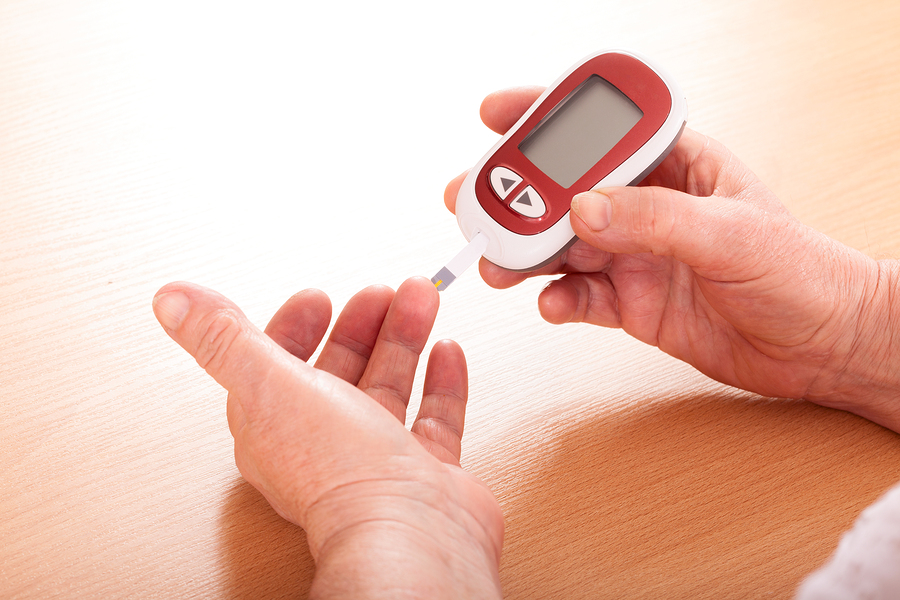Signs Of High Blood Sugar
When you have warning signs your blood sugar is too high, your body could be trying to tell you that you are on the verge of experiencing borderline diabetes, or prediabetes. This is a condition in people that develops before they get type 2 diabetes. Sometimes you will hear words like ‘you are becoming glucose intolerant’ or ‘insulin resistant’. What it basically means is that your blood sugar levels have reached the higher than normal level – and yet not quite high enough that you are considered to have diabetes. When people are in the prediabetes phase, the pancreas is producing enough insulin when you eat carbohydrates, but the insulin has become less effective in removing that sugar from your bloodstream. Then your blood sugar rises.
- Signs Of High Blood Sugar
- Look at the risk factors that you need to look out for and act on
- Control it before it controls you
- A bit about diabetes
- If it all works so perfectly, why are there problems?
- Reasons why you get hyperglycemia
- How do you know if you have hyperglycemia?
- The seriousness of hyperglycemia
- What to do to ensure your blood sugar levels stay healthy and balanced
- Let’s say you have been diagnosed with diabetes – leading doctors today say it is reversible
- Best High Blood Sugar Products
If you have been told you are pre-diabetic, you are not alone because in 2015, in the USA, it was estimated that there were over 84.1 million Americans over the age of 18 who were in that stage. If you work that out, it equates to 1 in 3 people. If you are pre-diabetic, it doesn’t mean you are definitely going to get full-blown diabetes, but you need to be aware of what could lie ahead for you. You stand the risk of developing type 2 diabetes 5-15 times higher than a person who has normal blood sugar levels. If you don’t start making healthy changes to your diet and lifestyle, the warning signs don’t go away; they increase. Only 10% of those who have prediabetes realize it because often the symptoms just don’t display.
Look at the risk factors that you need to look out for and act on
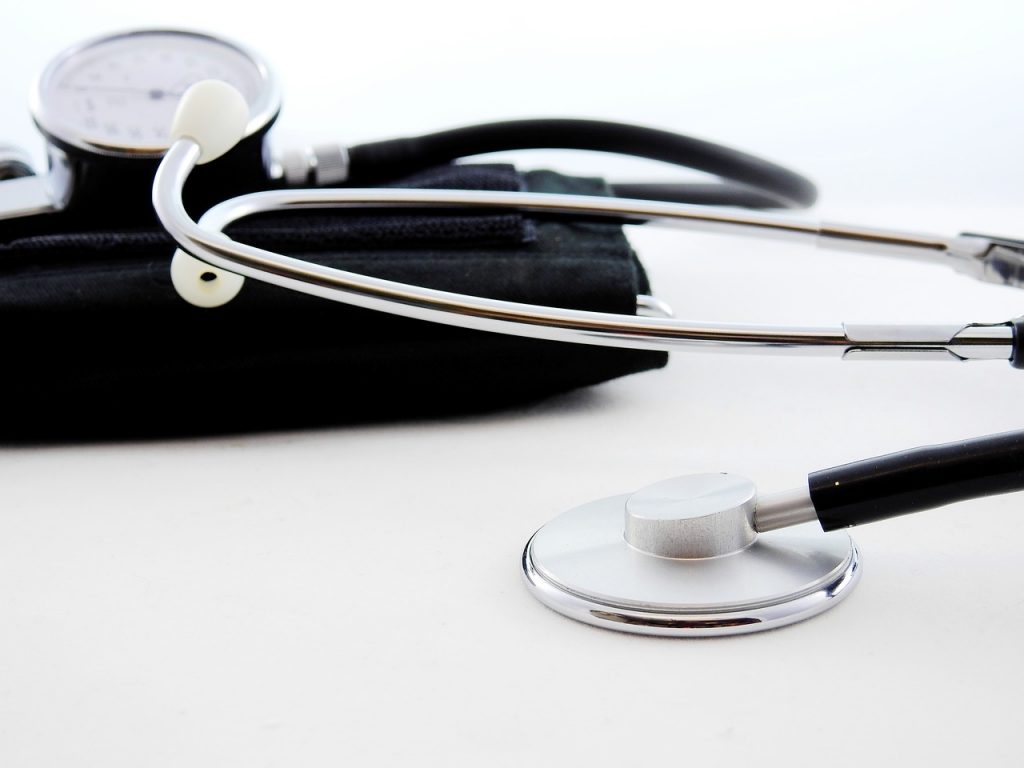
- Being obese or overweight
- Not being active
- High blood pressure
- High cholesterol
- Having close family members who have type 2 diabetes
- Having a baby which weighed more than 9 pounds at birth

The sad news is that pre-diabetes is a silent worker so it is important you get checked out regularly for early detection. If you believe that you could have borderline diabetes, get to your doctor to discuss it. He will probably perform a test on you called a ‘hemoglobin A1c (HbA1c)’ test or an oral glucose tolerance test (OGTT). The HbA1c test will be an indicator of your blood sugar patterns in the past couple of months, giving him an overall picture. If his HbA1c test of your blood sugar patterns level between 5.7 and 6.4, it will indicate to him that you are pre-diabetic.
Control it before it controls you
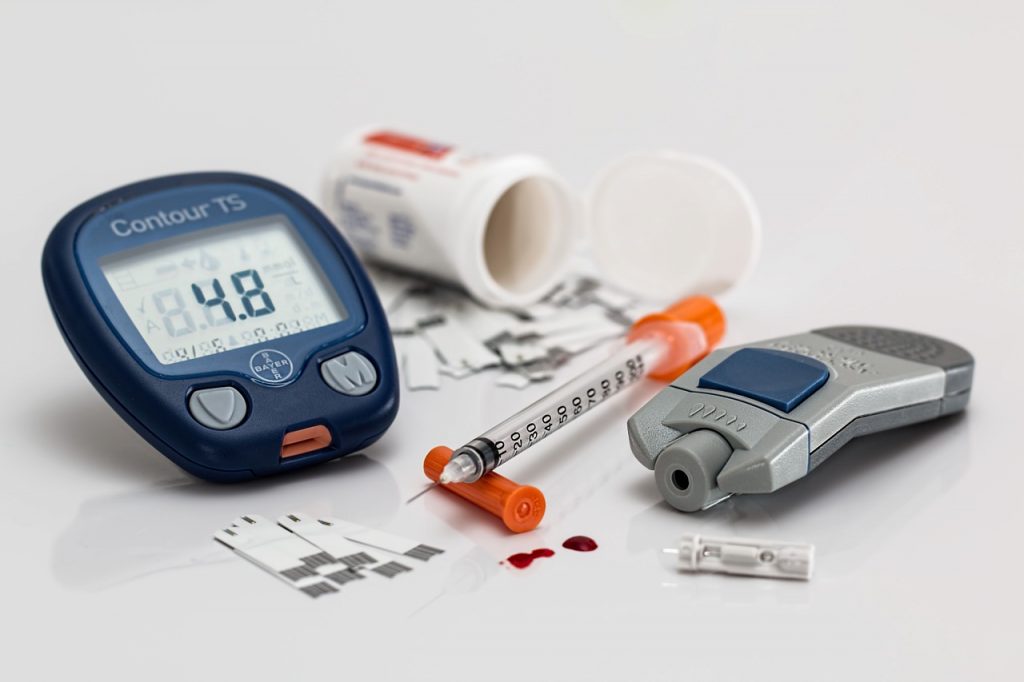
It’s really important to get treatment for pre-diabetes symptoms because when you ignore it, you are making yourself vulnerable to quite a few other health risks. Uncontrolled diabetes, for example, can lead to:
- Vision loss
- Nerve damage
- Kidney damage
- Cardiovascular disease
A study called the Diabetes Prevention Program had a look into how making lifestyle changes can help to prevent diabetes. The findings give hope to people who are at risk of getting diabetes. With some weight loss and exercises, those participants who took part in the study reduced the risk of developing diabetes by 58% in a period of just over 3 years. As you can see, there is power in healthy food and exercising and they can never be over-stated. Start taking charge of your health; start making the changes today, because it will give you the best chance of preventing getting diabetes in the first place whilst at the same time avoiding potential complications that come from uncontrolled diabetes.
It can be upsetting for people to find out about a pre-diabetic diagnosis, remember it doesn’t mean you will develop diabetes. If you have been diagnosed as pre-diabetic, you might recognize some medications that your doctor would have prescribed for you like metformin medications such as Glumetza, Fortamet, Glucophage or Riomet). These can help to increase your insulin sensitivity and keep your blood glucose levels in check.
A bit about diabetes
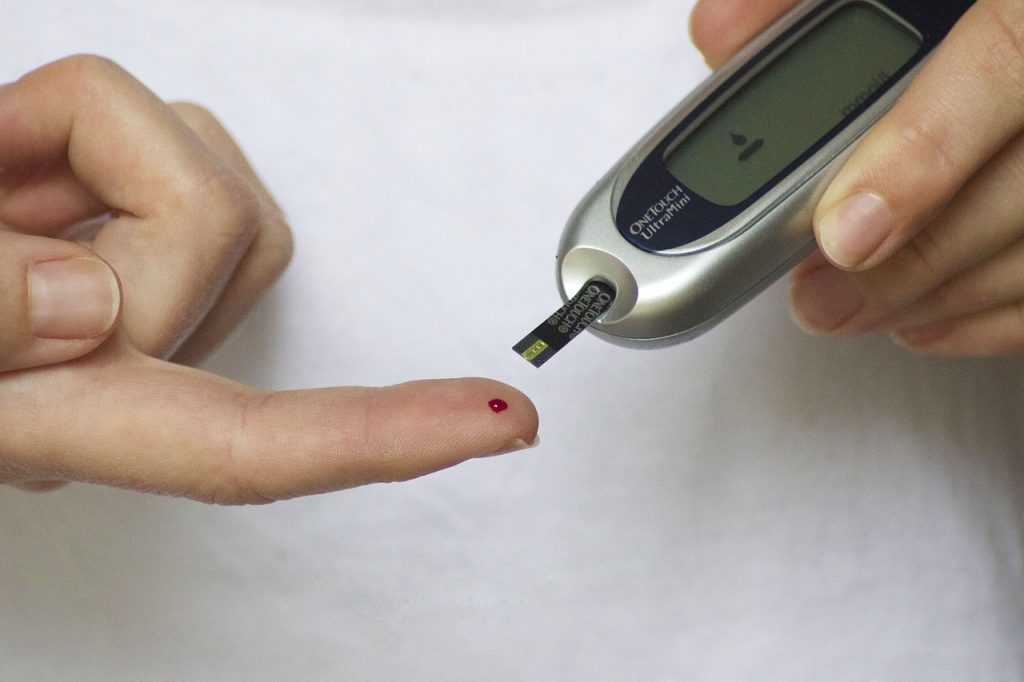
We all have no doubt heard that when your blood sugar is too high or too low, that is not a good sign. It signifies that there is some imbalance in the body. But what is blood sugar anyway? And why is it so important? It is the most important sugar that is found in our blood. Another name for blood sugar is glucose which occurs when we eat.
- The sugar in our bodies plays a huge role in the supply of our energy and also provides important nutrients to all the organs of our body which includes our muscles and our nervous system.
- The very intricate process of absorption, production, and storage of glucose is constantly being regulated by highly important organs of our body, namely the liver, the small intestine, the pancreas and liver.
- Glucose will enter the bloodstream when you have eaten carbohydrates. It is the endocrine system in your body that keeps the glucose in your bloodstream in check via your pancreas. It is the pancreas which produces insulin, a very important hormone in your body as well. This is released after you have eaten carbohydrates and proteins. Any excess glucose is called glycogen, stored in your body for using later.
- Another hormone, glucagon, does the opposite work of what insulin does – it raises your blood sugar levels when it is required. It is the two hormones, insulin and glucagon (not to be confused with glycogen) which work in keeping your glucose levels balanced.
- If your body needs more sugar in your bloodstream, then the hormone, glucagon will signal to the liver to take the stored glycogen and convert it into glucose to be released into your bloodstream. If there isn’t enough sugar, the liver will hoard the sugar for the parts of the body that need it, and this will even include your brain, your red blood cells, and kidney parts.
- The liver will make ketones for the rest of the body. Ketones break down any fat to use it as fuel. The liver is also able to make sugar from your waste products, the amino acids, and fat by-products.
When we have variations in our blood sugar levels, before and after eating, these will reflect on the way the body absorbs glucose and stores it. After you have eaten, your body will start breaking down the carbohydrates found in the food you eat into small parts and this will include glucose.
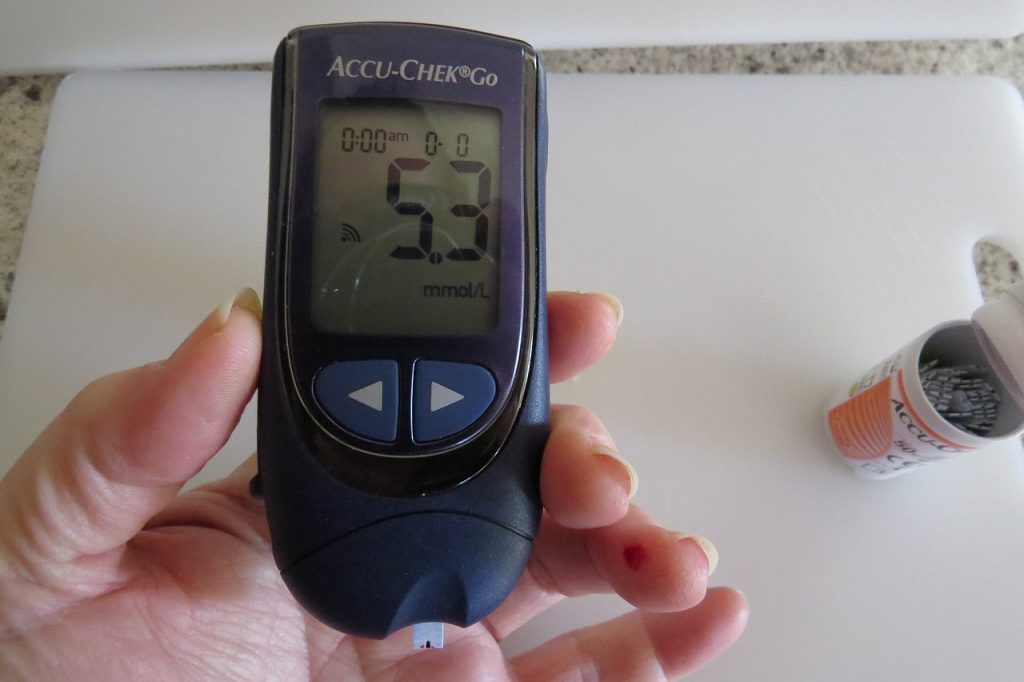
If it all works so perfectly, why are there problems?
Problems such as diabetes can occur when your body lacks that important hormone, insulin, which means the body won’t work properly. This is certainly a disorder and it can happen for many causes. It is usually the stage when people end up at a doctor when diabetes will be diagnosed. Sometimes the cells in our body stop responding to insulin in the way they should and this is known as being insulin-resistant. This will force the pancreas to release more insulin in order to lower the blood sugar levels. In the end; your body could fail to produce enough insulin in order to keep up with the sugar entering the body. All this doesn’t just happen overnight either; it can take years for high blood sugar to be diagnosed. It is probably because the pancreas did such a good job that the doctor might see that your blood glucose levels appear normal – but in the meantime, your insulin tolerance is increasing.

Remember, you can either have high blood sugar levels which are known as hyperglycemia or low blood sugar levels which are known as hypoglycemia. Hyperglycemia is the scientific name for when we speak of high blood glucose levels; too much sugar in the bloodstream. The World Health Organization defines high blood sugar like this:
- When your blood glucose levels are greater than 7.0 mmol/L (126 mg/dl) when you are fasting
- When your blood glucose levels are greater than 11.0 mmol/L (200 mg/dl) – 2 hours after you have eaten a meal
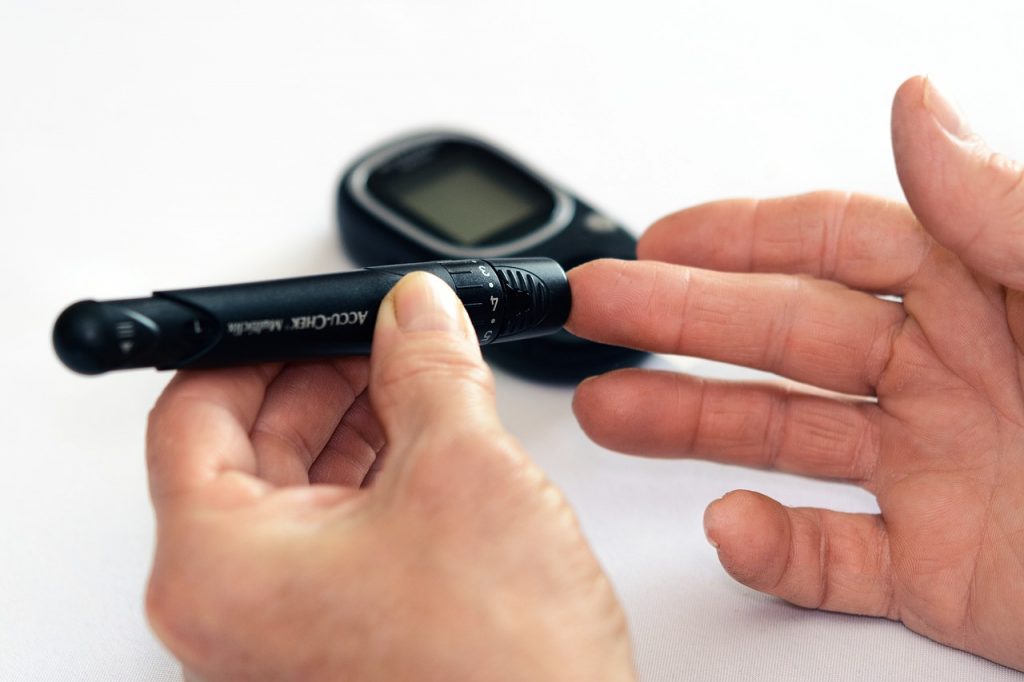
Even though blood sugar levels can exceed 7 mmol/L for periods that are extended and cause damage to your internal organs, you might not even see symptoms developing until the blood glucose levels exceed 11 mmol/L.
Reasons why you get hyperglycemia

- When you eat more carbohydrates than your body is able to cope with
- When you miss taking your diabetic tablets or medication or insulin
- When you become emotionally or mental stress. This can be due to injury, anxiety, or surgery for example
- When you become ill and contract an infection
- Not taking part in planned exercises
How do you know if you have hyperglycemia?
One of the main symptoms you will become aware of is increased thirst, as well as a need to go to the toilet to urinate more often. You also become hungrier. Other symptoms can also be that you feel kind of tired and weak, you are losing weight and your vision is becoming blurry. You also can’t think as clearly as you used to. Sometimes if you do not get treatment to remedy it, you could even develop a kind of fruity-smelling breath. And worse, if your ketone levels rise, nausea can set in and you can go into a coma.

Activities that are not too strenuous, like walking, will be able to decrease your blood sugar levels. Those people who are already taking insulin and who experience symptoms of hyperglycemia might need to have their dosage of insulin increased, but this should not be done by you. This should be only done on your professional doctors’ advice and approval and if you are not sure about this, you need to contact them first.
The seriousness of hyperglycemia
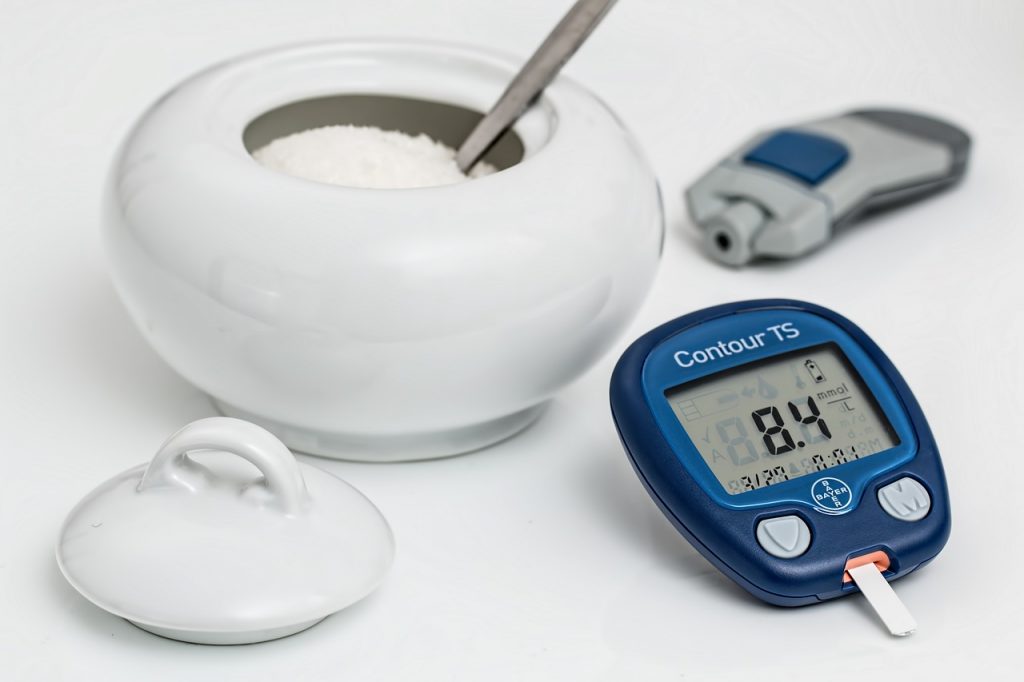
Hyperglycemia can become serious if your blood sugar levels stay high over a period of time or even rise suddenly. It can lead further to longer term complications and you don’t want that happen.
Over the short term, complications of high blood sugar levels include one of two things, either hyperosmolar hyperglycemic nonketotic syndrome or ketoacidosis. Both are serious. They require immediate attention and treatment. If you have that fruity-smelling breath, you are sweating and vomiting from nausea, you might even have trouble breathing, you need to get help without delay. Other symptoms might be:
- A very dry mouth
- You are experiencing pain in your abdominal area
- You are confused
Don’t be fooled by these warning signs; even though it affects those people who have type 1 diabetes, it is also known to affect those with type 2 diabetes who are using insulin.
Over the long term,if you have high blood sugar levels over long periods of time, you increase your risk of damaging your organs; you experience diabetes complications. Naturally, minimizing this long-term exposure to having high blood sugar levels needs to be one of your key aims. This means you need to be tested.
What to do to ensure your blood sugar levels stay healthy and balanced
- Keep your weight normal and healthy
Your professional health doctor will be able to tell you what your ideal weight should be – check out what you need to weight before starting any weight loss program.
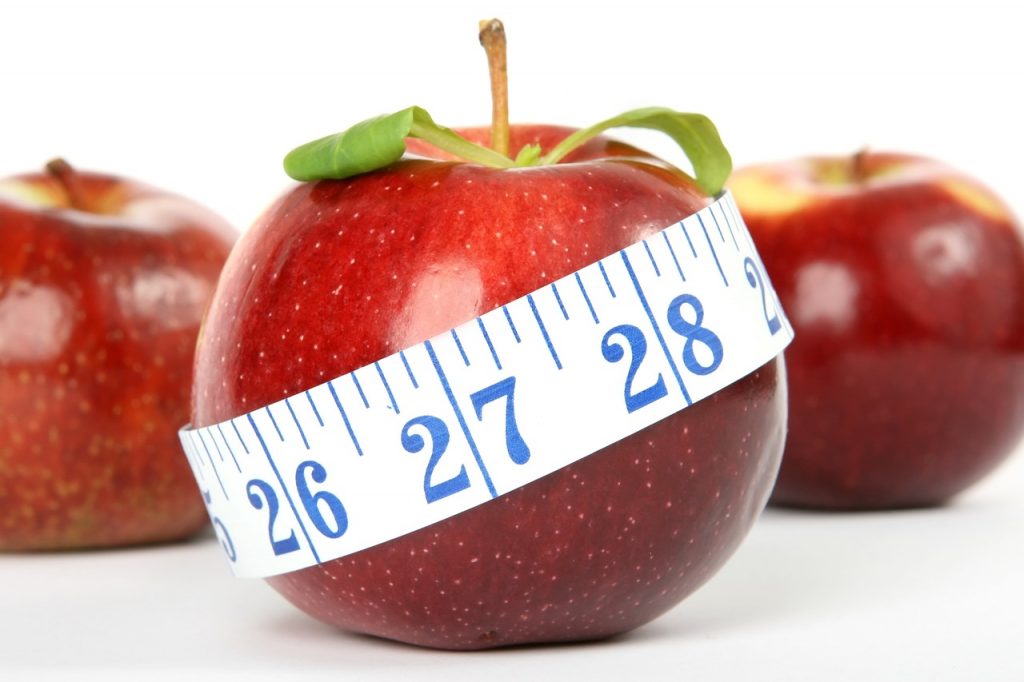
- Improve your diet
This is the key to good health. It means you need to eat unprocessed foods; whole foods like fruit and vegetables. Avoid processed carbohydrate foods and drinks which are filled with sugars that get digested quickly and which lead to a spike in insulin levels. Try and avoid saturated fats as well, opting for unsaturated fats and foods high in fiber. Coconut oil, MCT oil, olive oil, nuts, seeds and avocado are all healthy fats. The fantastic thing is that alternative medicine is gaining in popularity for very good reasons. To begin with, they work, and they are safer and easier on the body and mind. There are some spices and herbs; plant-based foods that do an outstanding job of naturally lowering blood sugar levels. Apart from helping to balance blood sugar levels, herbs and spices in general just produce overall health benefits. Check out herbs like:
- Cinnamon
- Cloves
- Rosemary
- Oregano
- Sage
- Curry Leaves
- Garlic
- Ginger
- Turmeric
- Cayenne
- Marjoram
- Fenugreek
- Ginseng
- Get out and about, physically
Just even a brisk walk for around 30 minutes a day can do wonders to reduce blood sugar levels.

- Get your minerals in
Research says that magnesium is vital in helping insulin to do its job properly. Apart from other amazing health benefits, magnesium can greatly reduce your chances of becoming insulin-tolerant. Chromium, zinc, and selenium are also top minerals.
- Let the doctor check your insulin levels
Ideal tests for checking your insulin levels are usually a complex test using glucose and insulin infusions. If you have raised insulin levels, the likely cause is because you are overweight. Sometimes clinical features show up as skin tags on the neck and upper body and darkness around your neck. If you suspect you are becoming insulin resistance, losing weight improves the situation. However, being insulin resistant is not a cause for gaining weight.
- Managing your stress levels
When you are really stressed, this can cause your blood sugar levels to rise because the stress hormone, cortisol, gets released. When you are stressed, you kick-start a vicious cycle of hormonal imbalance. This can contribute to your high blood sugar levels and also cravings for foods, especially the comfort foods. Skipping out on exercising, drinking caffeine and alcohol occur when people are highly stressed, and these destructive habits just add to the stress. Can you see how stress can trigger bad eating, adding on the weight, which can lead to being even more depressed and stressed – then it just gets harder to break the cycle.
- You need to rest
When you get enough rest, you maintain a healthier outlook towards life; it is easier to stay with your healthy habits and your hormone levels stay balanced. When you don’t get enough rest and sleep, your appetite becomes raised as well as stress hormones. Then it makes it hard for you to avoid all those sugary snacks and overdosing on caffeine. When you don’t get enough sleep, your insulin secretions get impaired and that can happen even if you don’t change your diet. You should aim for about 7-9 hours of sleep every night, trying to stick to a consistent schedule. This balances the hormones; curbs stress responses and supplies sufficient energy to last through the next day.

Let’s say you have been diagnosed with diabetes – leading doctors today
say it is reversible
People who have heeded signs that their blood sugar is too high and have been newly diagnosed with diabetes type 2 will always wonder if this is something they have to live with for the rest of their lives. But leading doctors say diabetes type 2 is reversible – just catch it in time. Some of us are predisposed genetically to this disease but for others, sedentary lifestyles and eating heavily processed and sugary foods is what causes your blood sugar levels to rise.

If you did heed the warning signs and were able to catch it in time before it developed into a full-blown disease, then you still can reverse the conditions you have, with the right lifestyle choices and improved diet. Improving your diet by cutting out all sugar, getting involved in an exercise program and choosing delicious healthy foods such as fruits, vegetables, (raw, roasted or cooked), plenty of greens, low–calorie drinks, berries, whole grain high fiber foods, little fat and protein can bring about that turnaround. Learn about intermittent fasting as a means to reverse diabetes. Stress does play a huge role in causing diabetes, because it affects your entire hormonal system and that includes the top hormone in diabetes, insulin. Handling stress better is a huge plus in your efforts to control rising blood sugar levels.
There is no diet that applies specifically to people who are predisposed to diabetes or who already have it. It is really all about focusing on high nutrition foods and your diet; eating plans that would well suit the entire family. If it is very challenging for you to devise a good eating plan to counter the warning signs you’ve noticed, a registered dietitian can help you to find the right meal plan that will fit your health goals, your lifestyle, and food preferences. You will probably have to do some carbohydrate counting, particularly if you have type 1 diabetes. When its diabetes 2, you are likely to be involved in insulin injections, checking your blood sugar regularly, carbohydrate counting, lifestyle changes. Even when you are carefully managing your blood sugar levels, it can sometimes change without notice, particularly when you are involved in physical activity, taking medications, illness, drinking alcohol, stress and hormone level fluctuations in women.
Don’t sugarcoat your excuses to avoid the warning signs that your blood sugar is too high – act today!

